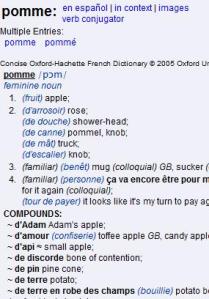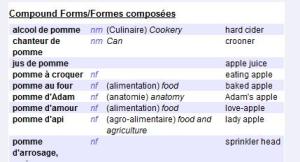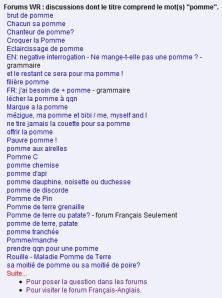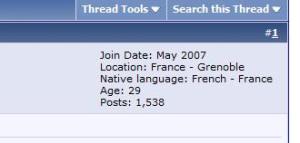As I said in the "Read Me" page, I try to post links to native French-language sites. I think that this is one of the best ways to practice French, but occasionally there is an English site that's just too good to pass up.
Tex's French Grammar is an American site with Grammar explanations and exercises and I love this site. It's free and it's full of useful information.
Here you'll find many great grammar explanations (written in English and using proper grammar terminology). (If proper grammar terminology intimidates you, don't let it turn you away from this great resource. Read past the first paragraph or two of any grammar point and you'll see loads of useful examples and less frightening information.) You'll find exercises that you can do online (complete with answers). You'll find downloadable PDF's and you'll even find downloadable MP3's. I confess, I haven't used the MP3's much, so I can't comment on their quality, but if they're like the rest of the site, they should be pretty good.
Two caveats:
-I have found one or two mistakes on this site – there aren't many, but they're there. Think you've found one? Post it in a comment!
-This is a university site and it is aimed at university students. While it is never explicit, some of the themes are more adult than what you will find in most high school texts. High school or middle school teachers and tutors may want to review any specific grammar sheet before handing it out to students.
One of the fun things about this website? All of the grammar rules and exercises tell the complicated story of some very odd characters:




